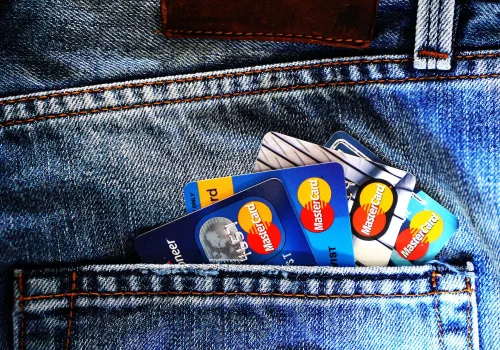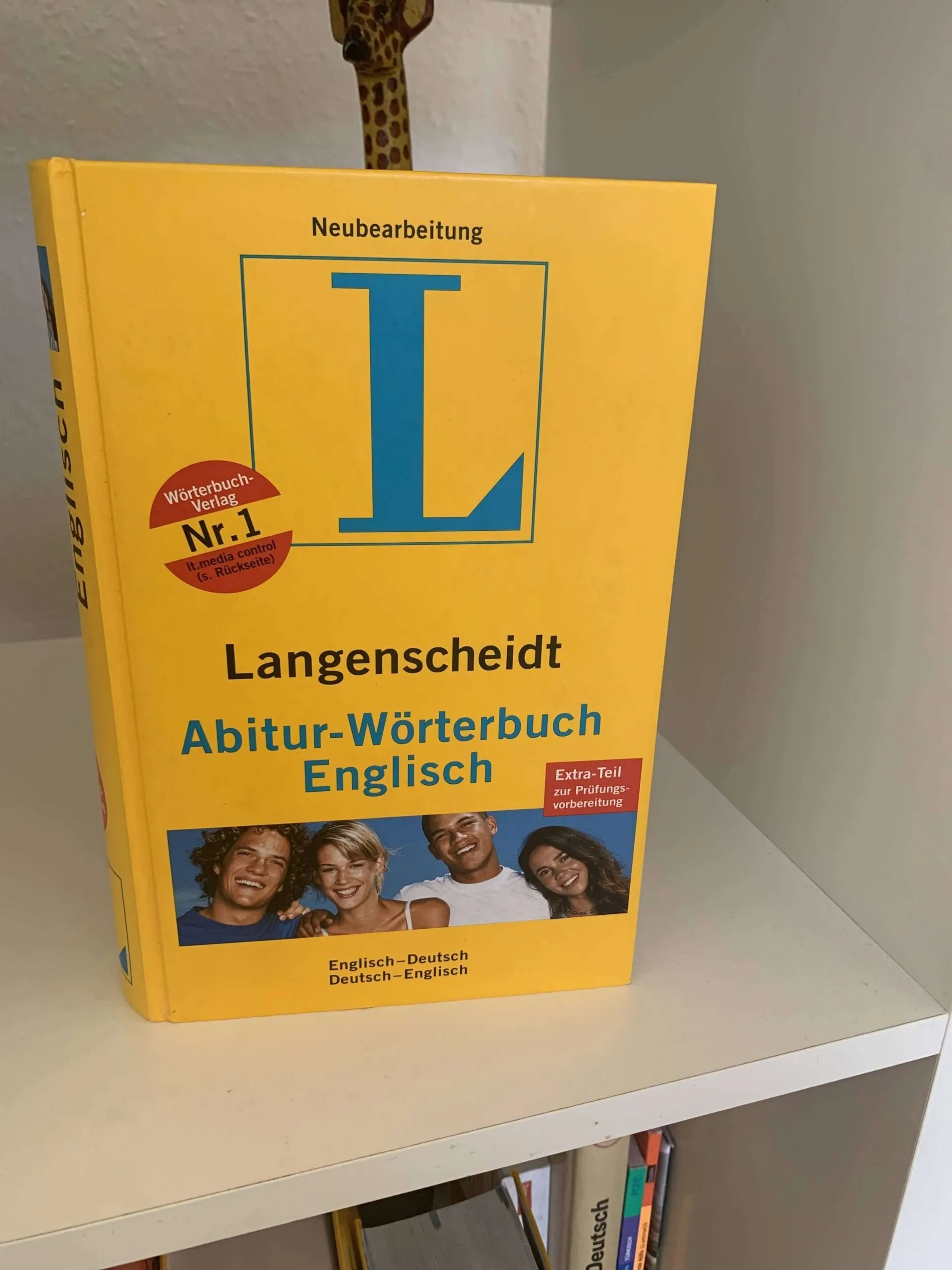Being responsible with money is a skill that is not exclusive to expats. We all have to learn at some point how to manage our finances. For internationals living in Berlin and Germany, there are a few adjustments you can make to save money. This is not an extreme penny pinching guide. With these smart money habits, you will save some extra euros.
1. Use a budgeting app
As the saying goes, what cannot be measured, cannot be managed. Track your expenses the best way you can. You can go analog and keep a book of your expenses. There are lots of budgeting apps in Germany that will make your life life easier.
The most expat friendly app I have found is Outbank. Outbank has apps for both android and iOS and connects directly to your bank account. It allows you to create budgets and track which fixed expenses you have. There are a few others in the app stores I have tested but for some reason did not continue to use.
2. Use Public Transport
Public transport in in most cities is quite good. Use the U-bahns, buses and trams. The cost of owning a car in Germany is quite expensive compared to getting an annual train tickets. In most cities, it should not cost more than 1000 euros. In the cities centers, finding parking space can be difficult, expensive or both. Some costs associated with owning a car are
- Insurance (average of about 500 -1500 depending on how long you have had your driver’s licence)
- Maintenance
- TÜV (Road worthiness)
- Seasonal tires
- Car tax (cost depends on the type of fuel you use, size of fuel tank and emission class)
- Parking
- Fuel
2. Use Carsharing
If you live in a city where there are carsharing services, you can use them to compliment the use of public transport. With carsharing you are flexible if you need a car for an errand, a day trip or quickly get to a place that might take longer with the train.
You can use the carsharing apps to find cars in the area, unlock them and leave it at your destination of the next person. Note that you will need to start and end your trip in the designated ‘business’ area.
Some of the carsharing providers in Berlin are
- SIXT share – electric
- Weshare – all electric
- Miles Mobility – pay per kilometer
- ShareNow – formerly DriveNow and Car2Go
3. Buy an efficient car
If you need to own a car, you can save money by buying a more efficient car. Not only do you save on the money for fuel but also in
- Insurance costs
- Car taxes (electric cars pay almost nothing)
- Parking – In some cities, you can park for free if you have an electric or plug-in-hybrid car.
You can also save some money if you buy an electric car. You can apply for a government grant that will refund up to 9000 euros for fully electric cars and 6750 for plug-in-hybrids.
4. Live in a WG
Most Germans do not live in big houses and apartments. If you are on a budget, save on costs by renting in a room in a shared flat. For expats, it is a good way to socialize and meet new people. If you can afford it, rent a bigger apartment and sublet out the extra rooms. Note that you have to inform the landlord/landlady before you sublet a room. Here is a complete guide to finding an apartment or WG.
6. Shop Secondhand
You can save money by shopping secondhand. You can find some very high quality in secondhand shops and platforms.
Legally, you cannot return secondhand items bought from private persons. Be sure to test and make sure you like it before you leave (if you are picking up the item yourself). You can find out where and how to buy and sell second hand items in our guide.
7. Avoid Credit Cards
Most bank cards in Germany are debit cards. Credit cards can be very appealing because you can spend more than you have in your account. Interest rates on credit cards in Germany can be very high. Stay clear off them if you can.
However there are situations where you will need a credit card. Such as renting a car. For this reason, it is not a bad idea to have one at hand for these situations.
If you get a credit card, pay attention to the fine print. for example some credit cards will book automatically from your bank account(that’s good). For others, you will need to remember to transfer the money yourself every month. If you forget, you can rake up some pretty hefty interest.
8. Avoid debt
Avoiding credit card debt is a first step. You can buy almost anything on credit – laptops, phones, washing machine, etc. If you can, pay outright. If you cannot afford to do so or just want to stay liquid, make sure to service the debt.
Always have enough money in the bank account for the credit institution to deduct. If you do not, it triggers a whole sequence of trouble for your wallet. You are most likely to get 2 warning letters, after which your debt might be handed to an Inkasso(debt collection agency). A 30 Euro bill can balloon to a 1000 euro payment very quickly.
9. Pay Bills on time
This does not only apply to things bought of on credit. Any time you get a receipt, pay on time. If you can help it, pay with your debit card upfront. You can always return an item for a refund.
10. Compare prices
Before you buy anything, spend a few minutes comparing prices online. You can use price comparison engines to do this. The most popular are:
11. Buy Store brands
Buying store brands is nothing to be embarrassed of. Big retailers and supermarkets have their own brands whose quality is as good as the name brands. In most cases, they are from the same factories, You can save a lot of money – in some cases up to half of the prices.
Tip: Due to the somewhat lower margin on these prices, it is common to see them at the bottom of the shelves. You only need to reach down a bit but your bank account will thank you for it.
12. Get the right insurance
Rather than choosing just any insurance, look into what you need. You can save some money by switching to a different health insurance provider for instance. However do not get wrapped up in how much you are saving now. Compare to see the value you are getting for the money. You do not want to save a few hundreds a year to end up having to pay a lot when you visit the doctor. Also decide whether public or private health insurance is best for you.
Apart from health insurance, there are a few insurances, you may need. For example, liability insurance, pet insurance. Spend a few euros a year to protect yourself from unforeseen events. Here is a guide to all insurance products you might need while living in Germany.
Conclusion
Managing your money in Germany is very doable if you are ready to make a few changes to your habits and optimize your spending. Arm yourself with information, ask questions, do not spend more than you have. Also be sure to read the fine print if you can.











Leave a Reply